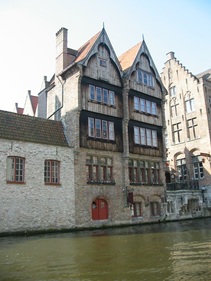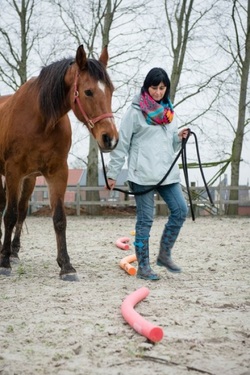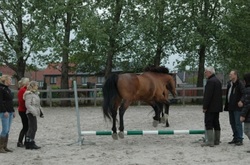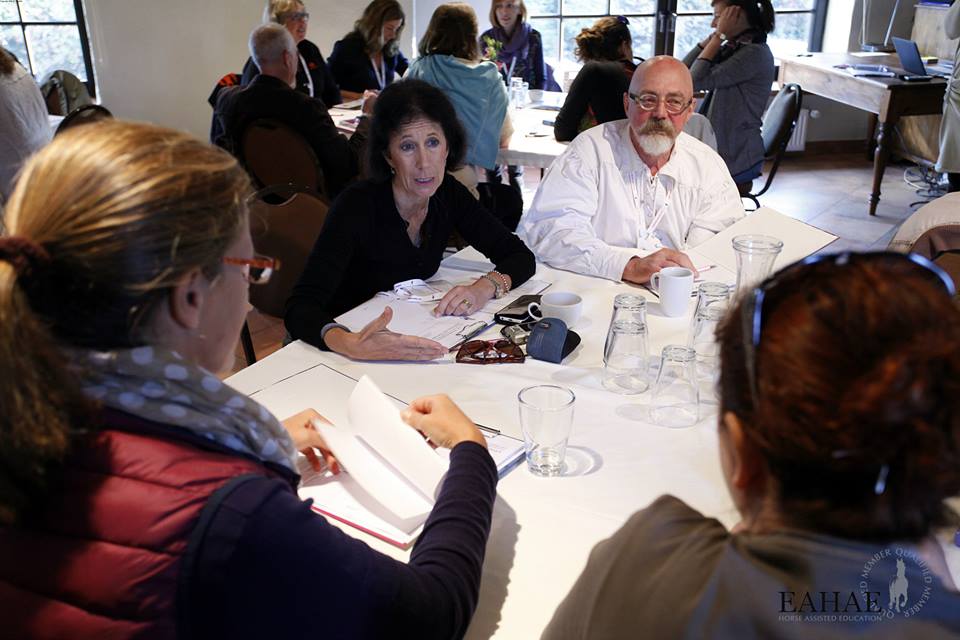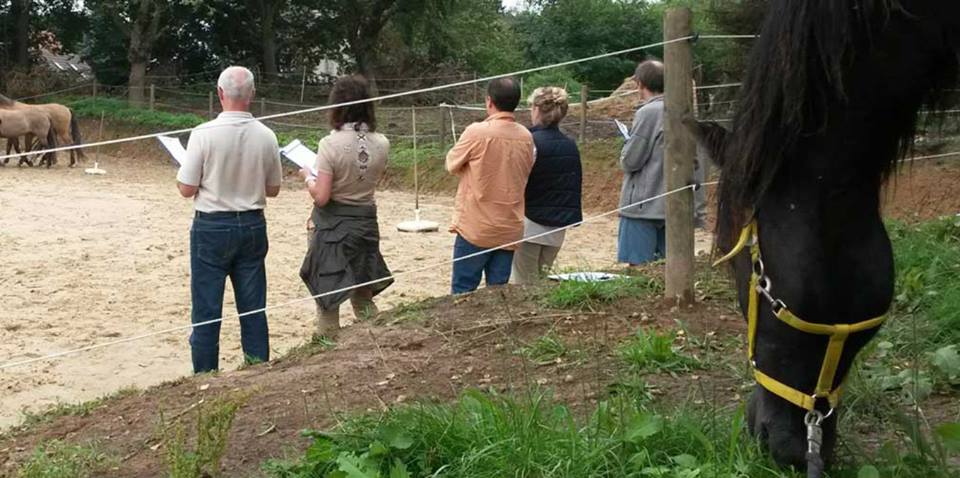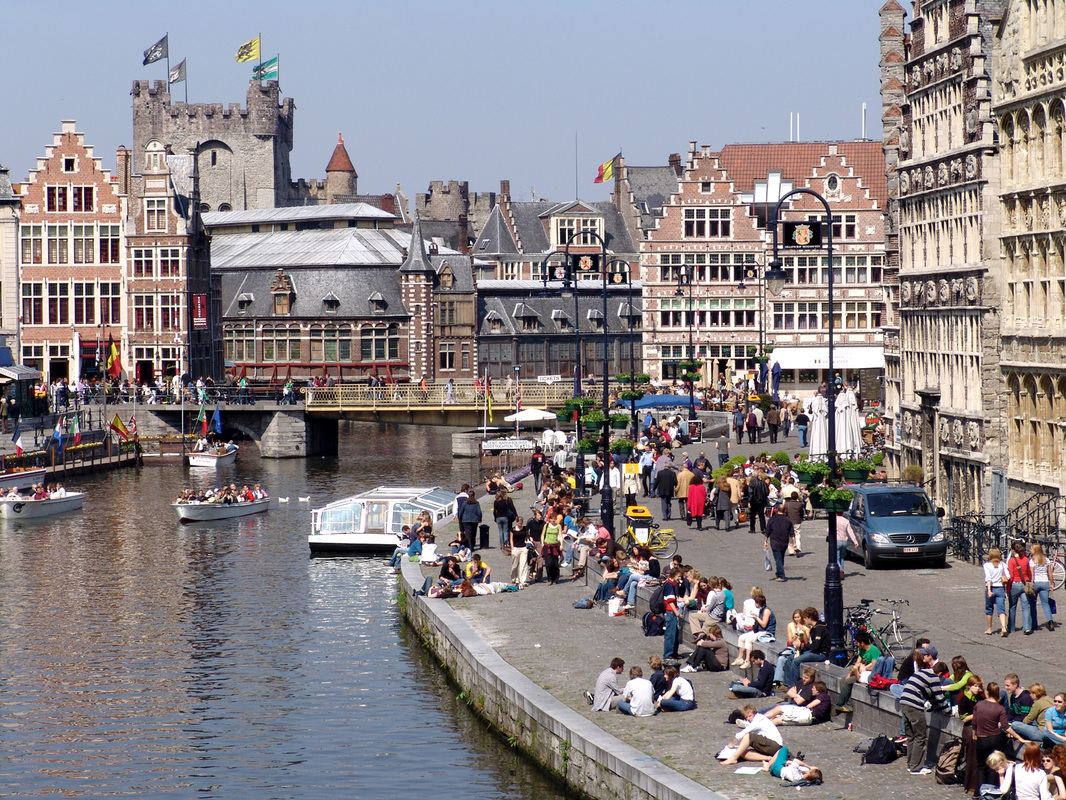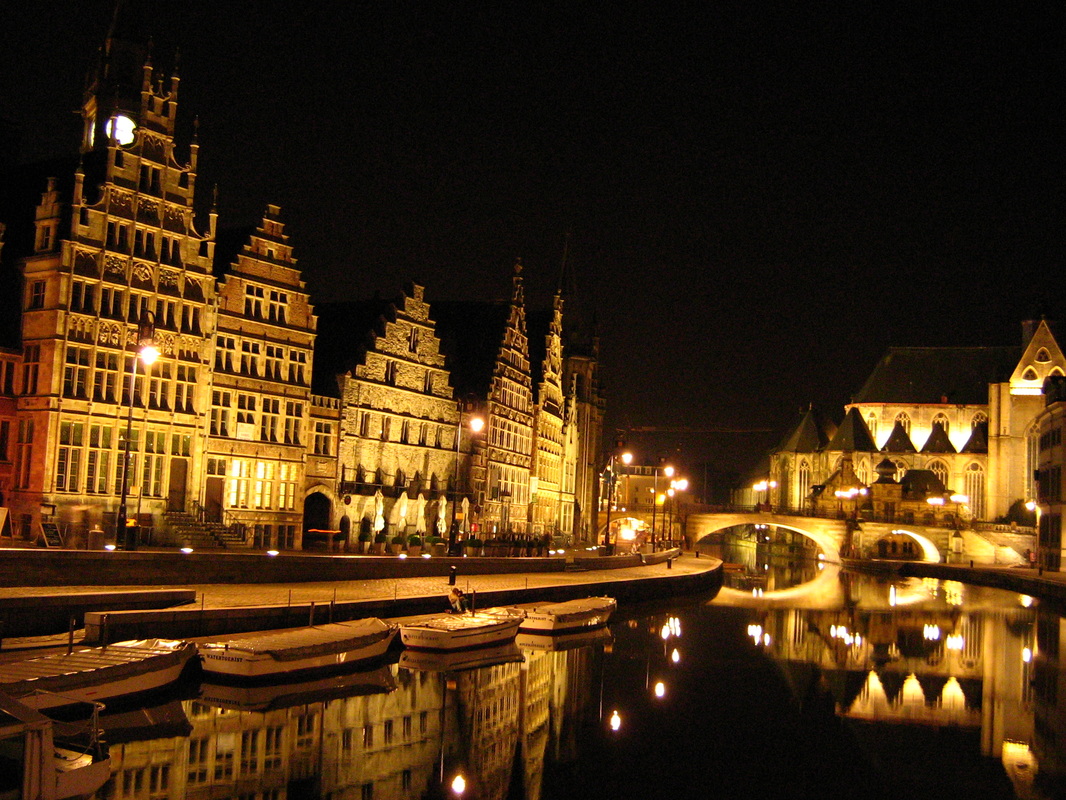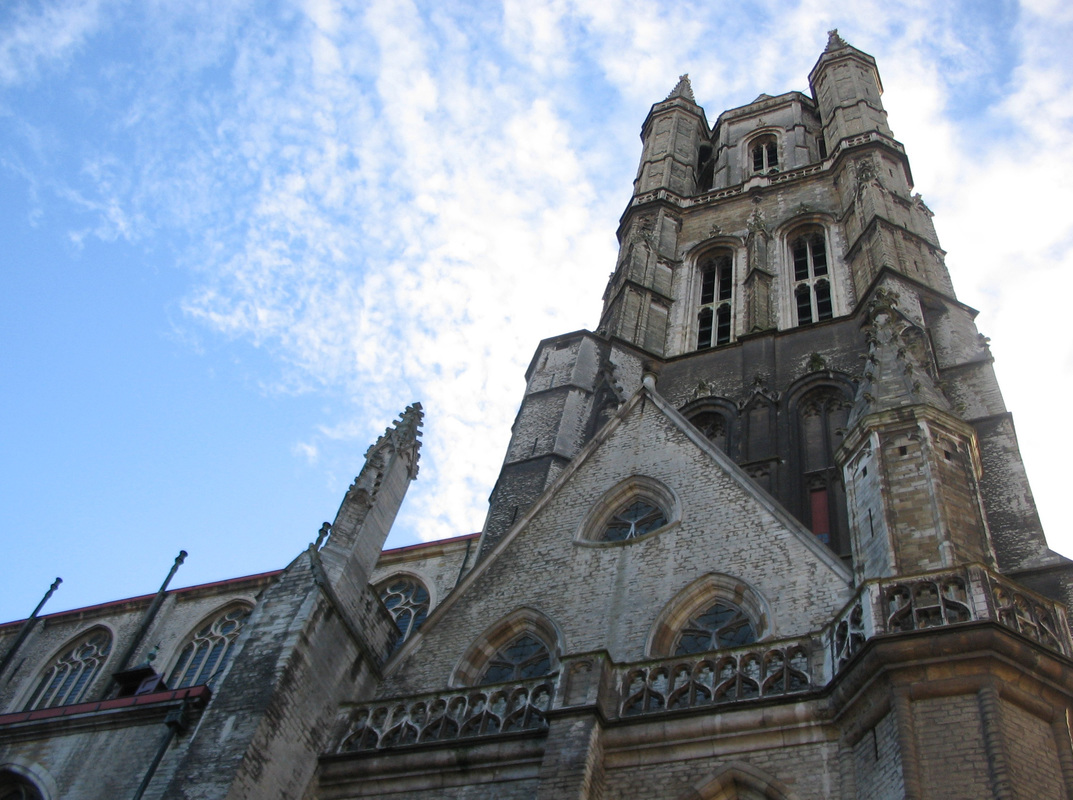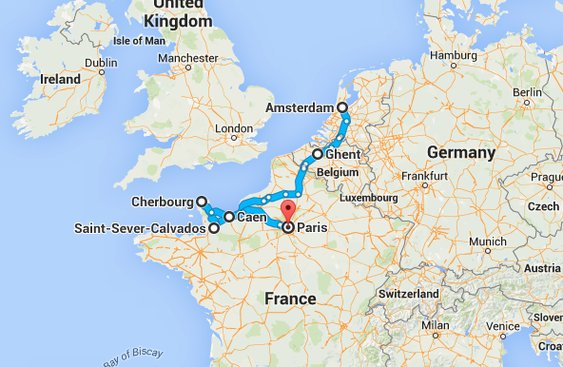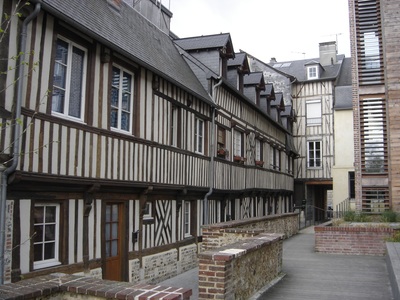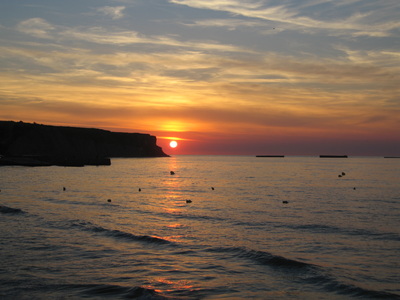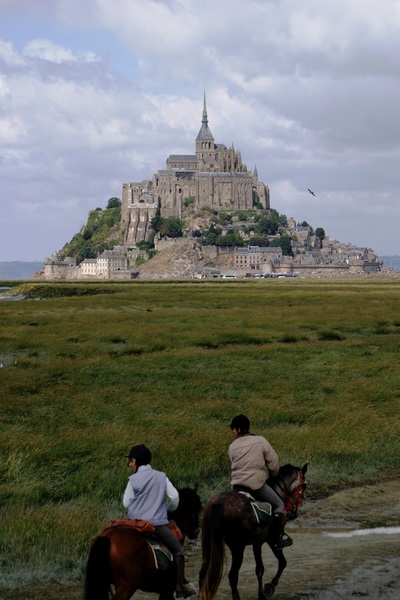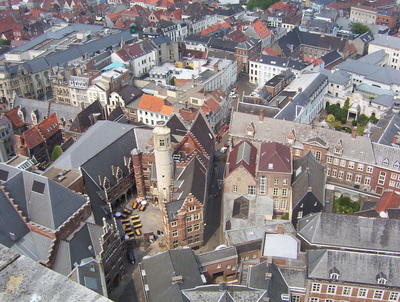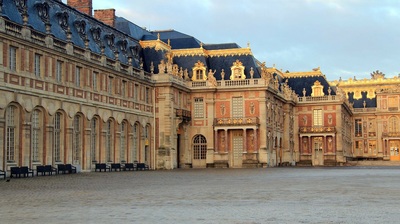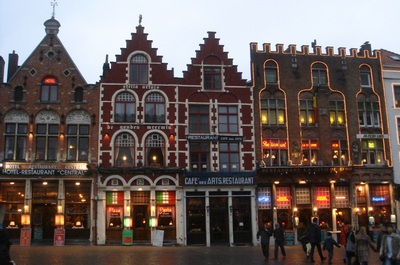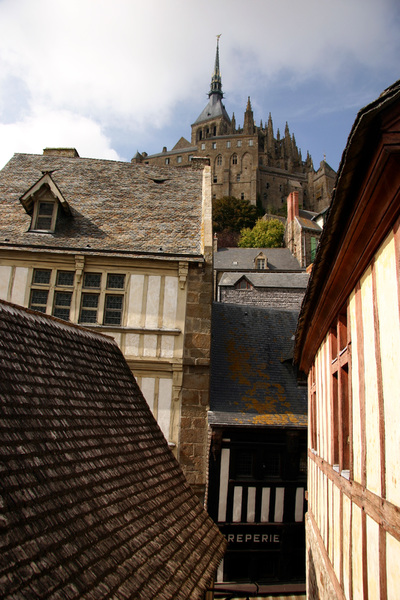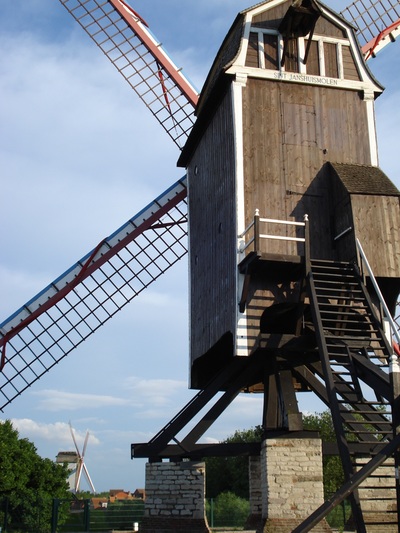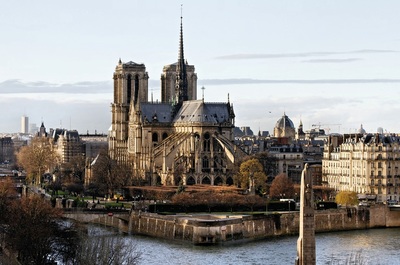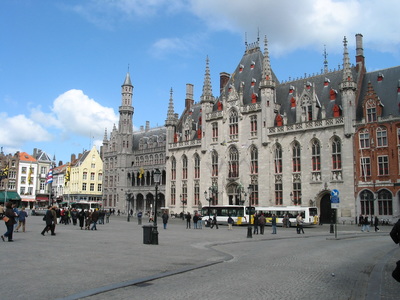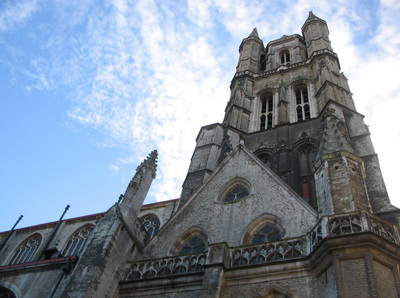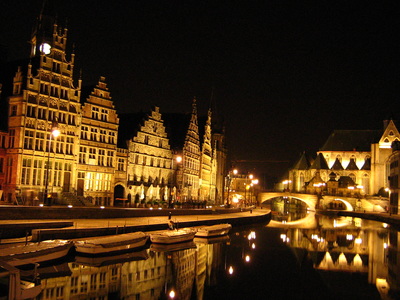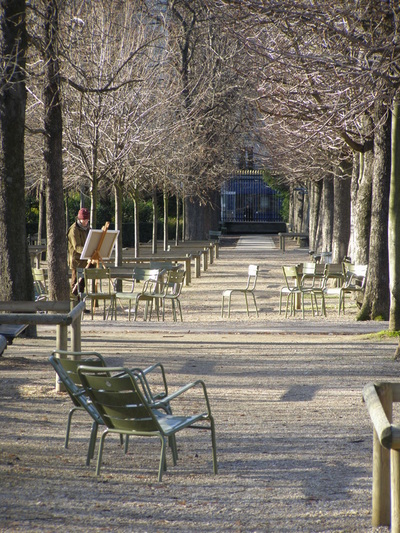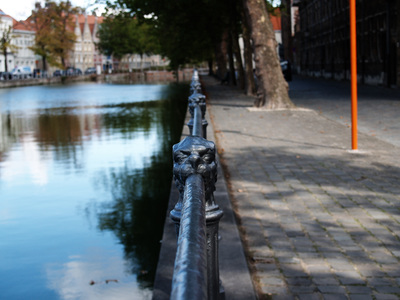|
|
Important information before you travelWe want to help you prepare for your trip to help ensure it will be a smooth and enjoyable time. We’ve gathered some information to help you with your planning. Have a look at the resources below before you leave.
Mapped Route
Time Zone
CEST: Central European Summer Time is 2 hours ahead of Coordinated Universal Time (UTC). This time zone is a DST (daylight saving time) time zone and is used in: Europe, Antarctica. This time zone is often called Central European Summer Time. Time Difference: CEST is 6 hours ahead of Toronto (EST). World Clock timeanddate.com – current local times around the world Passport & Identification
Passport Canada Foreign Affairs, Trade and Development Canada Canadian Tourism Commission Visa Application Visa Central Insurance
Insurance can be purchased through the tour provider, Ellison while you book your tour. Packing - What to Bring
Be sure to pack comfortable shoes and clothes since you will be working and exploring outdoors. Along the coast the wind will be quite cool, bring a warm and waterproof jacket. What to Pack What to Pack - Women Phones & Technology
Smartphones in Europe Using Electronics in Europe Voltage Converter Currency
Both Belgium and France use the Euro as their currency. As of February 9th, 2017 – 1 Euro is equal to 1.57 Canadian Dollars Bank of Canada Tax Credits Professional Development Tours run by HorseDream Canada may be considered to be business related expenses that could have a positive impact when filing income tax returns. Please check with the Canada Revenue Agency and your accountant. Canada Revenue Agency Cuisine
Belgium: Flemish cuisine has a strong Dutch influence, as one might expect, whereas Wallonian cuisine is similar to French cooking, with lots of rich sauces. There is a huge variety of places to eat out, from modest cafés to Michelin starred restaurants, throughout the country. Most main dishes are meat or fish based – there is little vegetarian food on offer, except at specialist restaurants. Coastal areas tend to favour seafood dishes, and many dishes are livened up with herbs and spices. Medieval influences can often be found in dishes which combine sweet and sour tastes, such as Buttermilk Soup with Apples, or Braised Chicken with Grapes. Desserts almost always involve pastries or chocolate. Although wine (mostly French) is popular, beer is still without doubt the national drink and often accompanies a meal. - cited from, Anlgo Info Northern France: Is celebrated for its hearty food and along the coast, its seafood dishes. This region also produces more beer than wine. Regional food of the north is wholesome and ingredients are usually chosen from what can be sourced locally, Normandy is known for their apple orchards and dairy farms. - cited from, Euro Tunnel |
| Phone: 705.928.5653 | Fax: 855.301.2737 |

